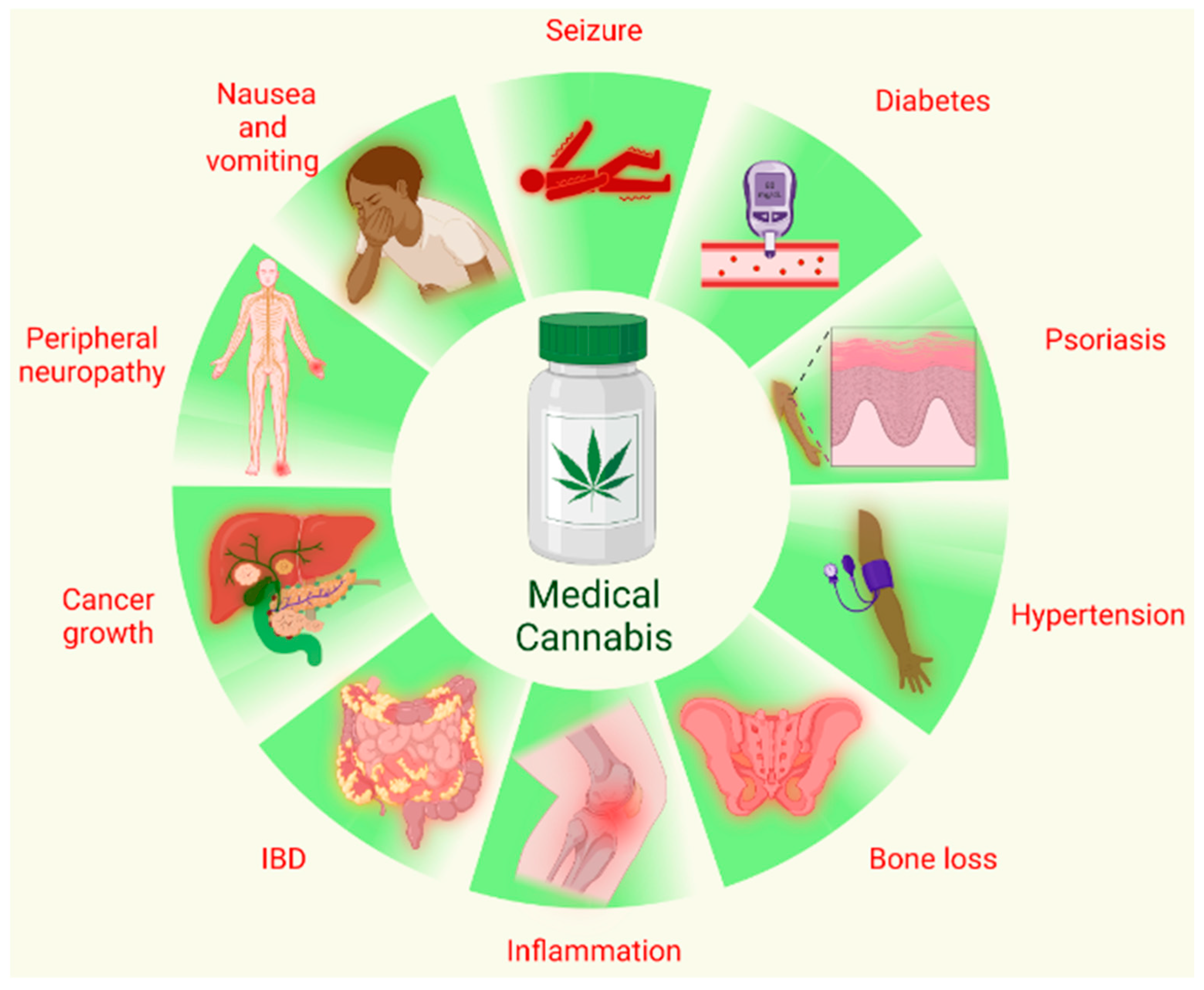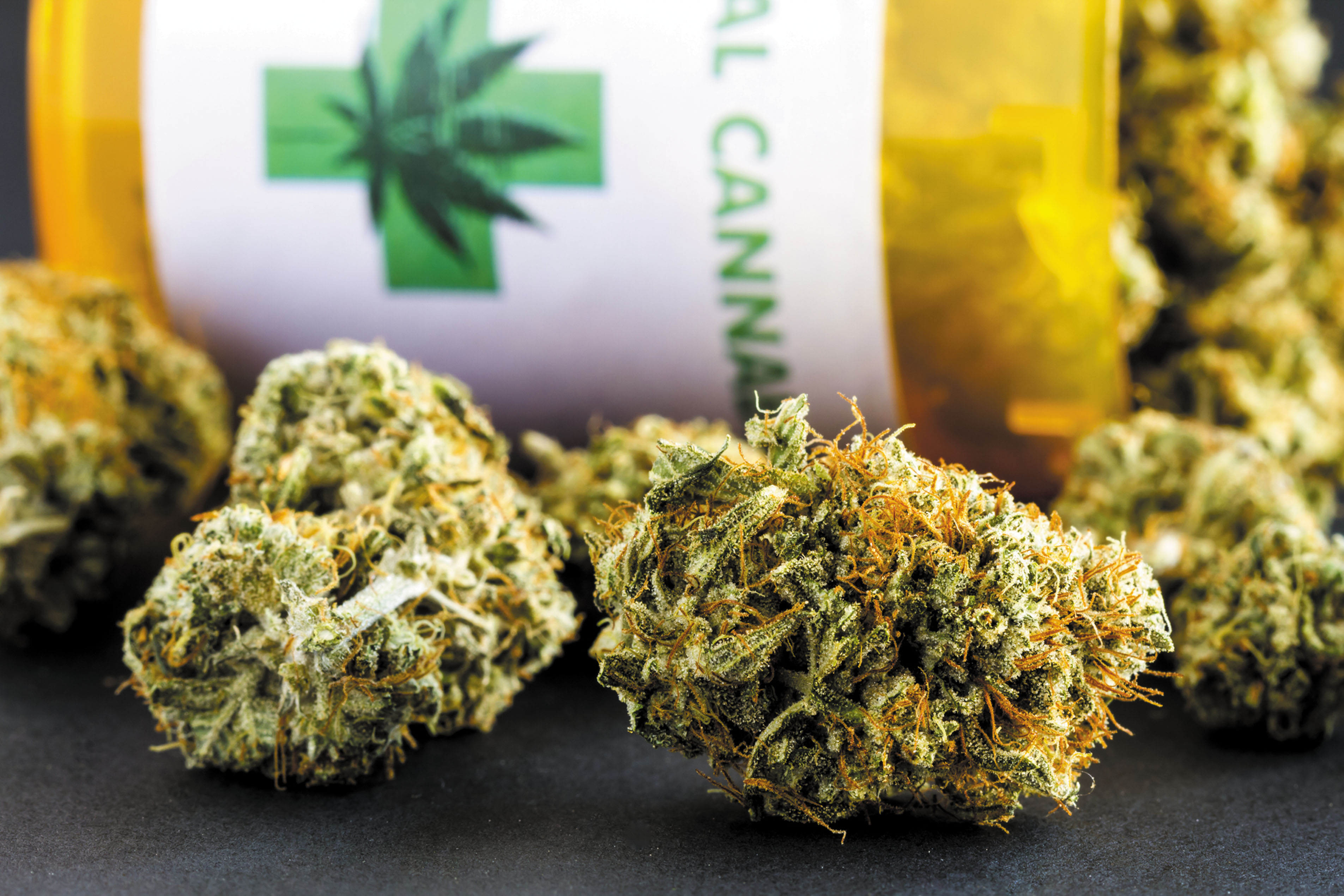Comprehending the Lawful Landscape Surrounding Medical Marijuana Worldwide
You're most likely mindful that perspectives in the direction of clinical marijuana are changing worldwide, however the lawful structures can be complicated. What drives these disparities, and just how do they influence gain access to for clients seeking relief?
Historic Context of Clinical Marijuana Regulations
As you discover the historic context of clinical marijuana legislation, you'll discover that its roots extend back countless years. Old cultures, from the Chinese to the Greeks, acknowledged marijuana for its medicinal buildings. In 2737 BC, Chinese Emperor Shen Nong recorded its use for numerous conditions. By the 1st century advertisement, Dioscorides, a Greek doctor, included cannabis in his pharmacopoeia, highlighting its effectiveness in dealing with pain and swelling.
Quick forward to the 19th century, when Western medicine started to embrace cannabis a lot more extensively. Doctors prescribed it for everything from migraines to labor pains. The early 20th century saw a shift, as societal assumptions changed, leading to stricter policies and stigmatization.
Recognizing this rich background aids you appreciate the complexities of modern clinical cannabis legislations. It's a trip through time that reveals the progressing relationship between culture and this powerful plant.
Present Lawful Status by Area

The United States And copyright Review
Steering with the landscape of medical cannabis legislations in North America exposes a patchwork of regulations that differ substantially by area. In the United States, some states have totally welcomed medical cannabis, allowing patients gain access to with dispensaries, while others keep stringent prohibitions. Steering through these diverse regulations can be difficult, as each jurisdiction has its own requirements for obtaining medical cannabis, consisting of qualifying conditions and application procedures.
Europe's Diverse Laws
Steering with the lawful landscape of clinical marijuana in Europe can be intricate, given the significant variants in policies throughout various nations. In some countries, like Germany and Italy, clinical marijuana is legal and easily accessible with a prescription. Others, such as France, have more limiting plans, permitting just restricted accessibility through particular trials. The UK has additionally made strides, permitting specific cannabis-based medicines, yet the process stays cumbersome. At the same time, nations like the Netherlands welcome an extra liberal technique, though official guidelines still hang back. As you check out these diverse policies, it is essential to remain notified, as laws can change swiftly and vary substantially from one country to another. Comprehending these subtleties can aid you browse the advancing landscape successfully.
Asia-Pacific Legal Trends
The Asia-Pacific area showcases a swiftly advancing landscape for clinical marijuana laws, reflecting a mix of conventional and dynamic approaches. Countries like Australia and New Zealand have actually welcomed legalization, providing controlled accessibility to medical marijuana. In Australia, individuals can get prescriptions, while New Zealand lately passed a referendum to enable medical usage.
On the various other hand, countries like Japan and South Korea preserve stricter guidelines, permitting only minimal accessibility to cannabis-derived products. Regardless of these restrictions, popular opinion is moving, with boosting require reform.
As you browse this complex landscape, remain notified regarding local regulations, as they can vary significantly from one country to an additional, influencing patient gain access to and industry growth in the area.
Key Countries Blazing A Trail in Medical Cannabis
As you discover the landscape of medical marijuana, you'll locate several nations establishing impressive legalisation landmarks. These countries not only develop governing frameworks that guarantee safe gain access to however likewise blaze a trail in medical research developments. Recognizing their approaches will certainly offer you beneficial understandings right into the future of marijuana usage in healthcare.
Legalization Landmarks Achieved
While several countries grapple with the complexities of marijuana law, several have made substantial strides in legalizing medical cannabis, establishing essential precedents. copyright came to be a pioneer in 2001, enabling people accessibility to clinical marijuana, paving the method for various other countries. In the United States, different states have actually legislated medical marijuana, developing a patchwork of legislations that affect public understanding and policy.
Regulative Structures Clarified
Recognizing the regulative structures governing clinical marijuana is necessary for grasping exactly how different nations approach its usage. In position like copyright, you'll discover a complete system that consists of licensing for manufacturers, rigorous top quality controls, and standards for healthcare specialists. The USA offers a jumble of policies, with states like California and Colorado leading in progressive plans, yet federal regulations still create challenges. Meanwhile, countries like Germany and Australia have implemented organized programs that regulate individual gain access to and growing. Each nation has its own set of rules, which can influence every little thing from prescribing methods to item schedule. By acquainting on your navigate to this site own with these structures, you can much better comprehend the global landscape of medical cannabis.
Medical Study Innovations
Countries around the globe are making considerable strides in medical cannabis research study, leading to a much better understanding of its healing possibility. In the United States, establishments like the National Institutes of Health (NIH) are moneying research studies on marijuana's effects on persistent discomfort and epilepsy. As these nations press more helpful hints forward, you'll witness an evolution in clinical practices and a more clear image of how marijuana can improve client results around the world.
Barriers and difficulties to Gain access to
Accessing clinical cannabis can be stuffed with obstacles that come from differing state regulations and policies. You might locate that in some states, the process to get a clinical marijuana card is extensive and complicated, calling for extensive paperwork or assessments with accepted doctor. Additionally, even if you certify, the number of dispensaries can be restricted, making it difficult to discover a nearby source.
Insurance coverage for clinical cannabis is frequently doing not have, requiring you to pay out-of-pocket. Steering through this complicated landscape can really feel frustrating, however recognizing these challenges is important for any person considering medical marijuana as a restorative alternative.
Impact of Clinical Marijuana on Health Outcomes
While many individuals stay unconvinced regarding marijuana, research study increasingly shows its prospective advantages for numerous health problems. You may be amazed to learn that clinical cannabis can help minimize persistent pain, decrease swelling, and manage symptoms of stress and anxiety and depression (Kentucky Medical Cannabis Doctor). For clients fighting conditions like epilepsy or numerous sclerosis, marijuana has demonstrated substantial therapeutic impacts, offering alleviation when traditional treatments drop short
Additionally, research studies suggest that some elements of marijuana, such as CBD, can improve overall lifestyle for clients undergoing therapies like radiation treatment. It's vital to take into consideration that specific actions to marijuana can differ widely, so what help a single person might not help another. As you discover the prospective influence of clinical cannabis on health end results, consult and keep an open mind with health care experts to customize a treatment plan that fits your distinct requirements and situations.
The Duty of Healthcare Providers in Person Access
As you browse the complexities of clinical cannabis laws, it is vital to identify the crucial role health care service providers play in client gain access to. These professionals act as important overviews, helping patients understand their alternatives and navigate lawful demands. They can analyze whether clinical cannabis is appropriate for your condition and give documentation needed for legal gain access to.
Moreover, doctor usually educate people about the prospective advantages and risks of marijuana use, guaranteeing informed choices. They can advise ideal stress, dosages, and methods of consumption tailored to specific requirements. Their assistance is necessary, particularly in areas where laws differ considerably.

Future Patterns and Forecasts for Medical Marijuana Legislations
Medical care carriers will certainly proceed to form the landscape of clinical cannabis laws as they advocate for individual needs and involve with policymakers. our website You can anticipate an expanding trend in the direction of even more comprehensive regulation that recognizes the restorative benefits of marijuana. As research expands, more nations will likely adopt guidelines that facilitate access for clients experiencing from different conditions.
Public viewpoint is moving, also, with increasing acceptance leading the way for reform - Kentucky Medical Cannabis Doctor. You could see a rise in medical marijuana programs customized to particular demographics, such as seniors and professionals
In addition, as healthcare systems integrate marijuana right into therapy procedures, insurers might start covering cannabis-related expenditures, better legitimizing its usage.
Ultimately, international collaborations might emerge, bring about standard policies and quality assurance actions. On the whole, the future of medical marijuana laws shows up promising and vibrant, driven by evidence, campaigning for, and patient-centered care.
Often Asked Inquiries
Just How Do International Treaties Affect Medical Marijuana Regulation?
International treaties can form your country's medical cannabis legislations by setting constraints or standards. When countries follow these contracts, it often influences local regulation, making it essential for you to remain notified on modifications.
What Are the Adultness Needs for Medical Marijuana Usage?
The adultness for clinical cannabis use varies by territory. In several places, you have to be at the very least 18, yet some enable minors with parental consent. Constantly examine local laws prior to proceeding with medical cannabis.
Can Employers Fire Employees for Medical Cannabis Usage?
Yes, employers can terminate you for medical marijuana use, depending on state legislations and company policies. If your work calls for medication testing or if cannabis affects your efficiency, they might do something about it. Constantly inspect your workplace rules.
Are There Limitations on Clinical Cannabis Advertising And Marketing?
Yes, there are limitations on clinical cannabis marketing. You'll discover regulations vary by territory, commonly restricting deceptive insurance claims and needing details health warnings. It's crucial to examine neighborhood laws to assure compliance before marketing.
Just How Do Medical Cannabis Regulation Differ for Veterans?
Clinical cannabis laws for veterans frequently consist of special arrangements, enabling much easier access or benefits. Some states prioritize seasoned demands, while others may restrict usage. It's essential to examine your regional regulations for specifics.
While several nations grapple with the intricacies of marijuana regulation, several have made substantial strides in legislating medical marijuana, establishing essential precedents. In the United States, different states have legalized medical marijuana, producing a patchwork of laws that influence public understanding and plan.Accessing medical cannabis can be fraught with difficulties that stem from varying state regulations and regulations.As you navigate the complexities of clinical marijuana legislations, it is crucial to acknowledge the essential duty health care companies play in patient access.Health care companies will certainly continue to form the landscape of medical marijuana regulations as they promote for person requirements and engage with policymakers.